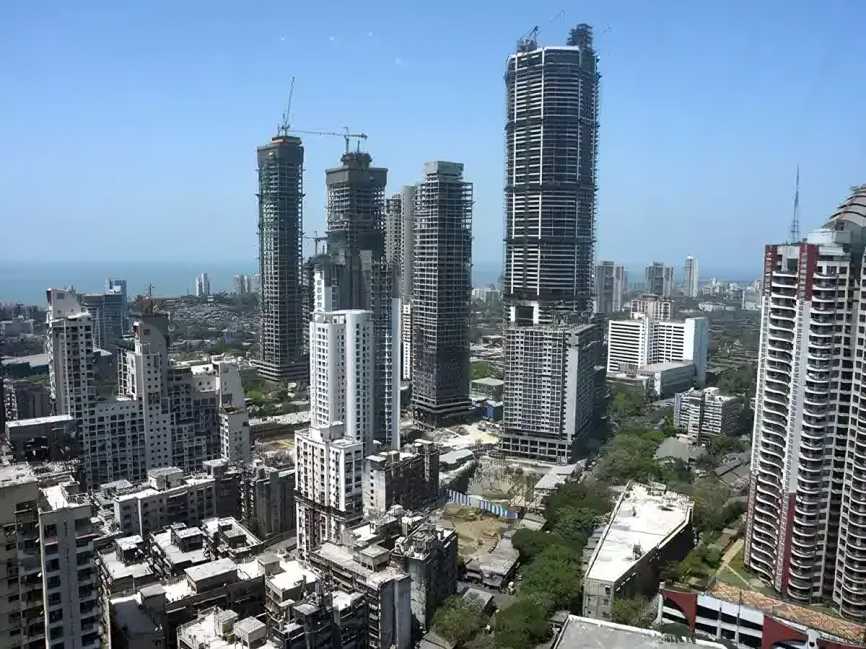August 12, 2025: The National Green Tribunal (NGT) has rejected a petition opposing the construction of the Tirupati Balaji temple at Ulwe, Navi Mumbai, following a sworn affidavit from the Tirumala Tirupati Devasthanams (TTD). The affidavit assured the tribunal that no construction would take place within the Coastal Regulation Zone (CRZ).
The temple, modelled on the famed Tirumala shrine in Andhra Pradesh, is set to be built at a cost of Rs 70 crore on a 40,000 square metre plot allotted by the City and Industrial Development Corporation (CIDCO) in April 2022. The site lies close to the Mumbai Trans Harbour Link (MTHL) and the upcoming Navi Mumbai International Airport.
Initially, the groundbreaking ceremony scheduled for August 2022 was postponed due to environmentalist objections, who argued the land was a former wetland requiring restoration. After receiving CRZ clearance, the ceremony was held on June 7, 2023.
BN Kumar, director of the NatConnect Foundation, filed the petition citing CRZ violations, noting the land had once been a wetland and fishing pond before being filled for MTHL construction. A study by Anna University’s Institute of Remote Sensing found that according to the 2019 Coastal Zone Management Plan, the majority of the site falls outside CRZ areas, with proposed temple infrastructure located fully outside CRZ zones.
The Maharashtra Coastal Zone Management Authority approved the project in November 2023, permitting landscaping within the 50-metre mangrove buffer but prohibiting structural work in CRZ areas. TTD’s legal counsel pledged before the NGT that construction would be confined to non-CRZ zones and any future CRZ work would require prior permission. With no objections remaining, the NGT dismissed the petition on July 31, 2025.
Despite the ruling, environmental concerns linger. Kumar highlighted flood risks shown in CIDCO records and satellite data, urging that the former wetland should have been restored. Nandakumar Pawar of Sagar Shakti called for spiritual progress without compromising ecological safeguards.
Source: Hindustan Times
















